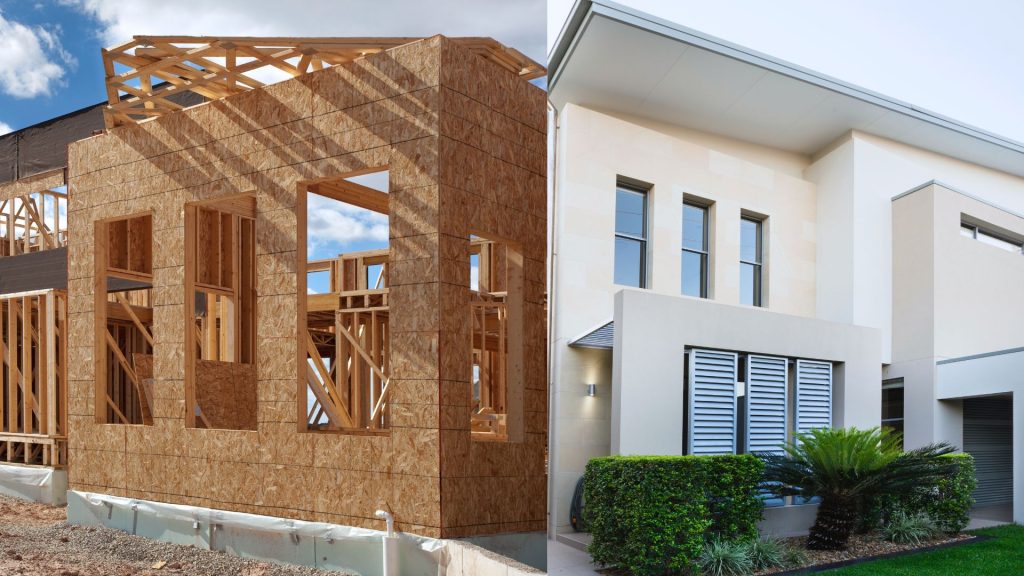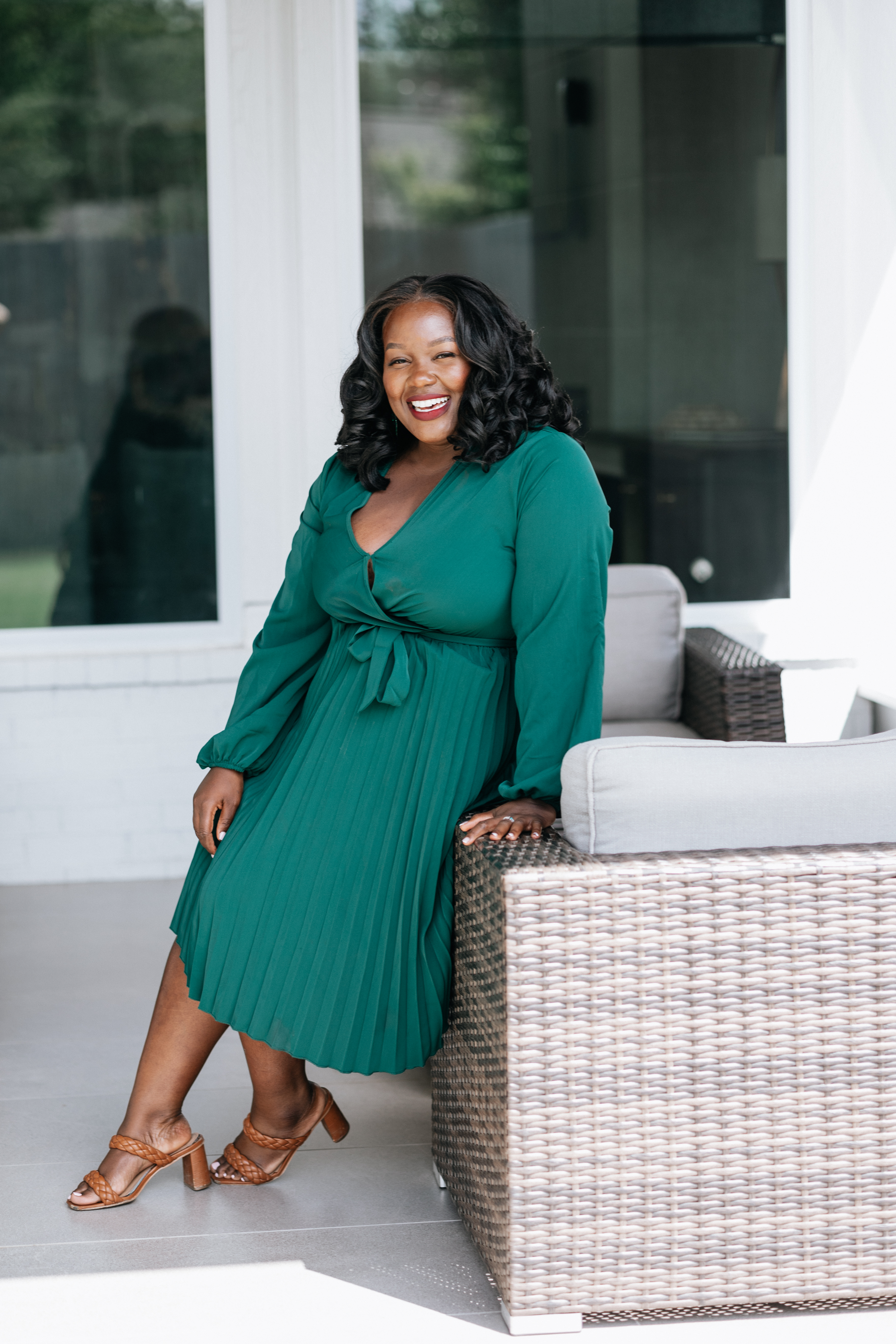Deciding between building a new home or buying an existing one can be difficult. There is so much information available with biased opinions on which choice you should make. I am here to tell you that ultimately the decision is based on budget, timeline, and your reasons why. In other words, the decision is unique to your situation.
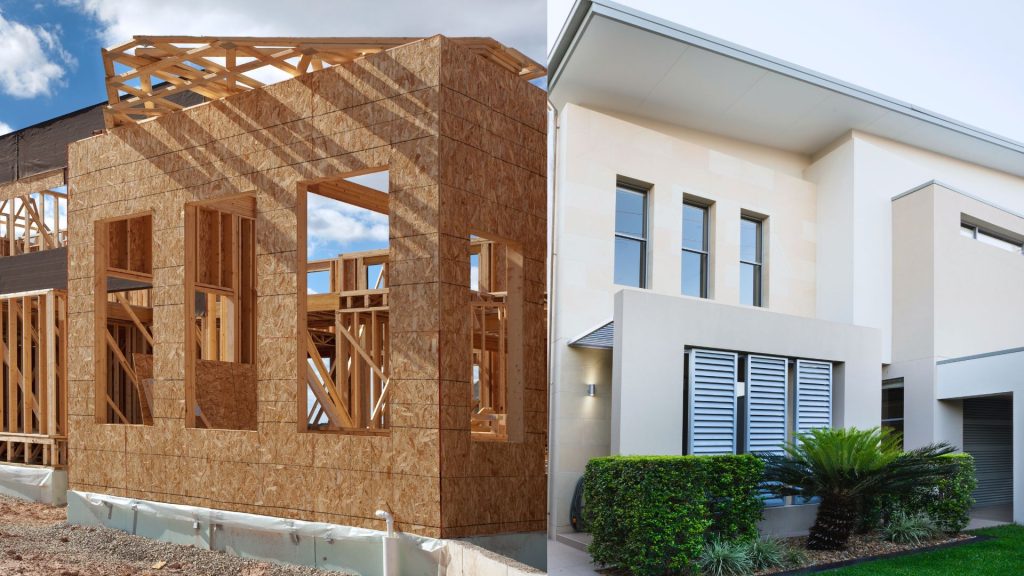
Pros & Cons of Building A New Home
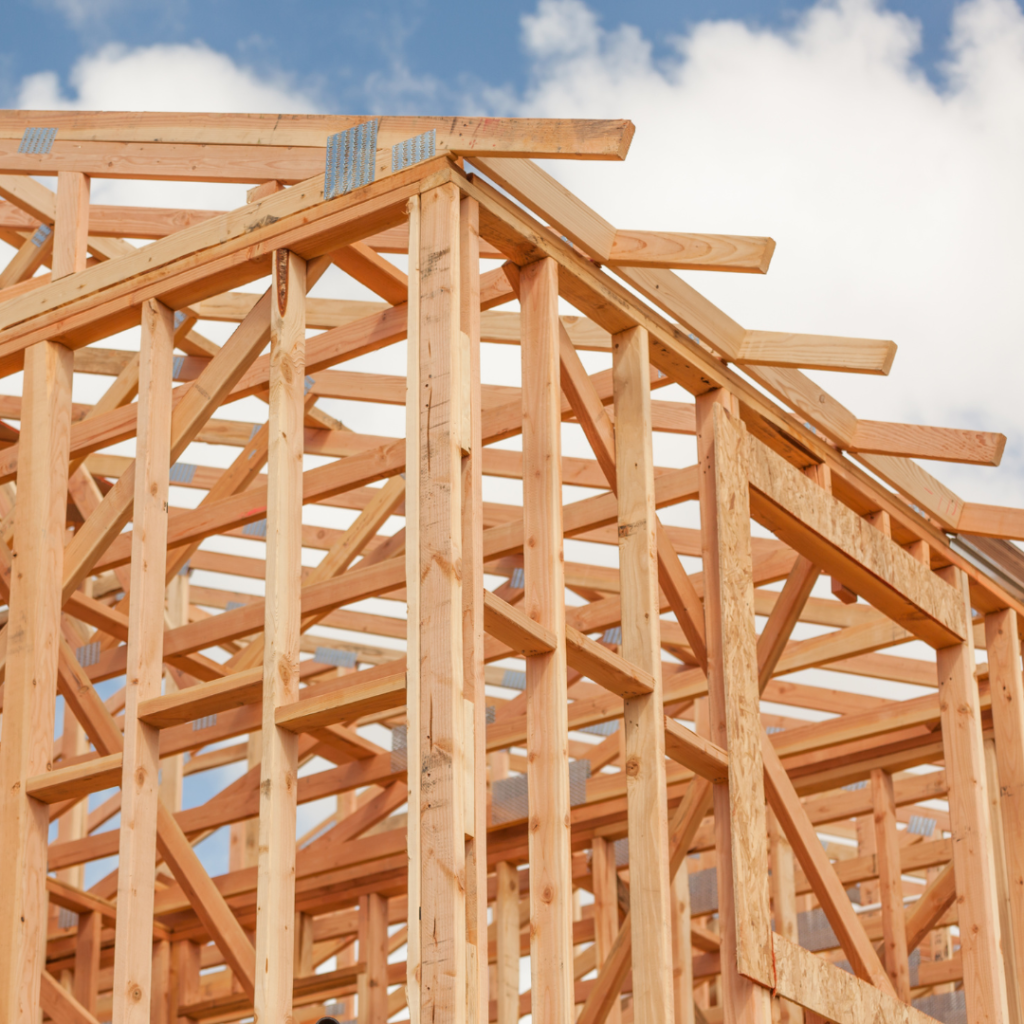
Pros:
- Customization: Building a new home allows you to customize it according to your preferences. You can choose the layout, materials, finishes, and amenities to suit your needs and lifestyle.
- Energy Efficiency: New homes often incorporate the latest energy-efficient technologies and building materials, resulting in lower utility bills and a reduced environmental impact.
- Modern Features: You can integrate modern features such as smart home technology, energy-efficient appliances, and advanced security systems into your new home design.
- Warranty: Most new homes come with warranties that cover defects in construction and materials, providing peace of mind to homeowners.
- Lower Maintenance: Since everything in a new home is brand new, maintenance and repair costs are typically lower in the initial years compared to an older home.
- No Renovation Required: You won’t need to renovate or update the home for quite some time, saving both time and money in the long run.
Cons:
- Cost: Building a new home can be more expensive than purchasing an existing one, especially if you opt for custom features or high-end finishes.
- Time: Construction of a new home can take several months to over a year, depending on various factors such as weather, permits, and contractor availability, which means you may have to wait longer to move in.
- Location Limitations: Finding suitable land for building a new home in a desirable location can be challenging, and it may require compromises on factors such as commute time, school districts, or neighborhood amenities.
- Resale Value: Initially, the resale value of a newly constructed home may not be as high as that of established homes in the same area, as it lacks the history and established neighborhood reputation.
- Unknown Neighborhood Dynamics: When building in a new development, you may not have a clear idea of the neighborhood dynamics, such as noise levels, community amenities, or future developments, which can impact your satisfaction with the location in the long term.
Pros & Cons Of Buying An Existing Home
Pros:
- Immediate Availability: Existing homes are typically ready for occupancy soon after the purchase process is complete, allowing you to move in quickly without waiting for construction.
- Established Neighborhood: Existing homes are often located in established neighborhoods with mature trees, amenities, and community dynamics already in place. This can provide a sense of stability and community.
- Known Features and Layout: With an existing home, you can see exactly what you’re getting before you buy. You can evaluate the layout, size, condition, and features of the house in person.
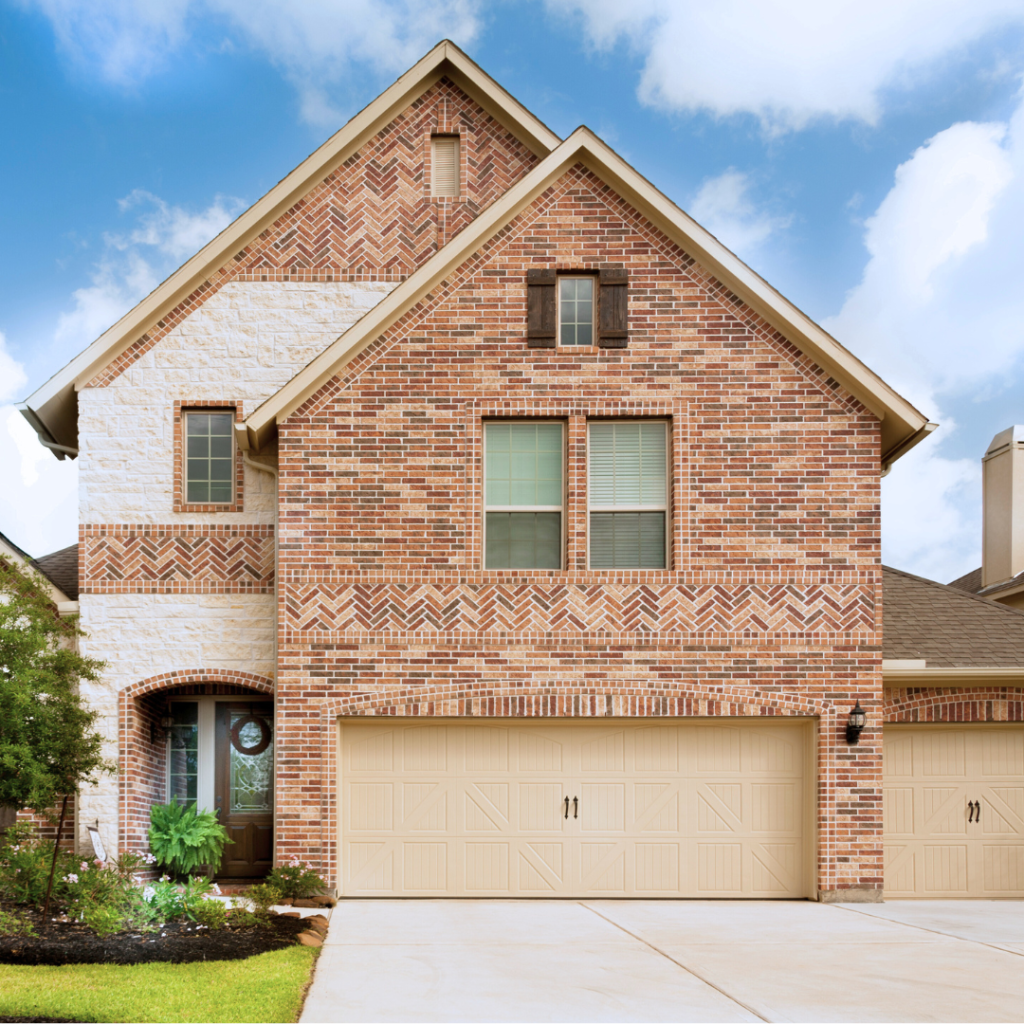
- Negotiation Flexibility: There may be room for negotiation on the price of an existing home, especially if it’s been on the market for a while or needs some updates or repairs.
- Less Decision-Making Stress: Unlike building a new home where you’re making countless decisions, buying an existing home involves fewer decisions since the house is already built.
Cons:
- Repairs and Maintenance: Older homes may require more frequent repairs and maintenance compared to new homes. You may encounter issues such as plumbing problems, electrical issues, or the need for a new roof or HVAC system.
- Limited Customization: While you can renovate an existing home, there are limitations to how much you can customize it compared to building a new home from scratch.
- Energy Inefficiency: Older homes may lack modern energy-efficient features and insulation, resulting in higher utility bills and a greater environmental footprint.
- Hidden Problems: Despite inspections, there may be hidden problems with an existing home that only become apparent after you’ve moved in, potentially leading to unexpected expenses.
- Outdated Features: Older homes may have outdated features, layouts, or design elements that don’t align with modern preferences or lifestyle needs, requiring renovation or adaptation.
- Less Warranty Coverage: Unlike new homes that often come with warranties, existing homes may have limited or no warranty coverage, leaving you responsible for any repairs or replacements.
Which Option Is Right For You?
Deciding whether to build a home or buy an existing one is a significant decision that requires careful consideration of various factors. Here’s a step-by-step guide to help you make an informed choice:
Evaluate Your Needs and Preferences: Consider your lifestyle, family size, future plans, and must-have features in a home. Determine if customization and specific design preferences are crucial to you or if you’re comfortable with the features of an existing home.
Assess Your Budget: Determine your budget for purchasing a home, including potential renovation or customization costs for an existing home. Obtain quotes from builders and compare them with the cost of existing homes in your desired location.
Research Locations: Explore different neighborhoods and consider factors such as commute times, school districts, amenities, and community atmosphere. Determine if suitable land is available for building in your preferred location, and assess zoning regulations and building codes.
Consider Time Frame: Evaluate your timeline for moving into a new home. Building a home typically takes longer than purchasing an existing one, so consider your patience and flexibility regarding the move-in date.
Consult with Professionals: Speak with real estate agents, architects, builders, and financial advisors to gather insights and advice tailored to your specific situation. Get estimates for construction costs, potential resale values, and market trends in your desired location.
Visit Model Homes and Open Houses: Tour model homes to get a sense of the design, features, and quality offered by builders in your area. Attend open houses for existing homes to see firsthand what’s available on the market and to compare with the prospect of building.
Consider Your Long-Term Goals: Think about your long-term plans for the home. Are you looking for a forever home, or do you anticipate moving again in a few years? Evaluate how building or buying an existing home aligns with your financial goals, lifestyle aspirations, and future plans.
Trust Your Instincts: Ultimately, trust your instincts and choose the option that feels right for you and your family. Consider factors such as emotional attachment to a custom-built home versus the convenience of buying an existing one.
Erica Garvin
-
Hiring A Homebuilder? Here Are 10 Questions To Ask
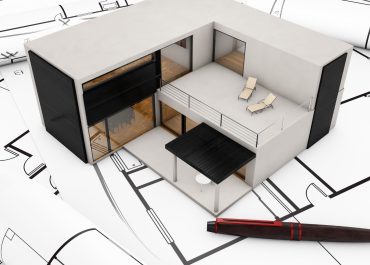
Choosing who to hire to build your dream home can prove to be a difficult task. Firstly, there’s a multitude of builders with varying levels of experience, expertise, and reputation. The abundance of options can feel overwhelming. While online reviews and testimonials can provide insights, they may not always paint a complete picture of a…
-
February 2024- Oklahoma Market Update
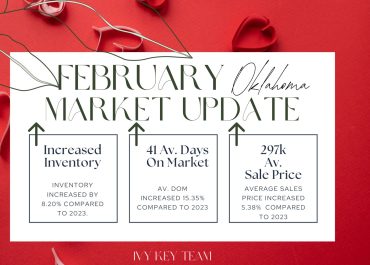
Months Supply of Inventory (MSI) Increases The total housing inventory at the end of February 2024 rose 8.20% to 2,389 existing homes available for sale. Over the last 12 months this area has had an average of 1,031 closed salesper month. This represents an unsold inventory index of 2.32 MSI for this period. Average Days…
-
Building A New Home Vs Buying An Existing One: What You Need To Know
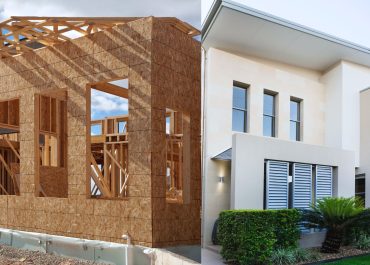
Deciding between building a new home or buying an existing one can be difficult. There is so much information available with biased opinions on which choice you should make. I am here to tell you that ultimately the decision is based on budget, timeline, and your reasons why. In other words, the decision is unique…



